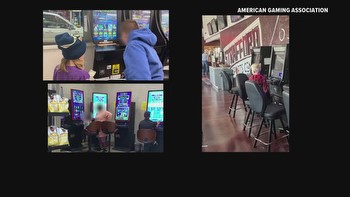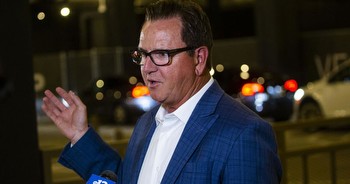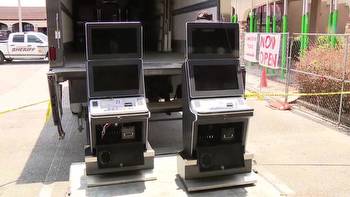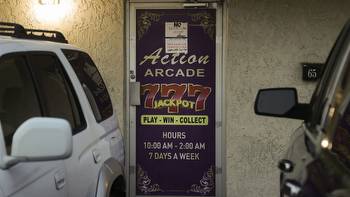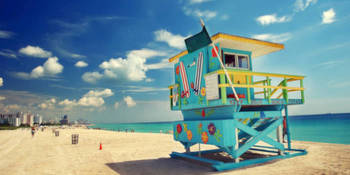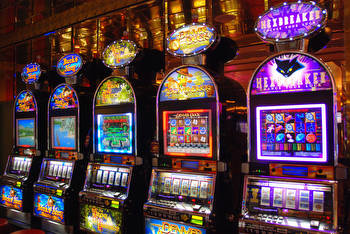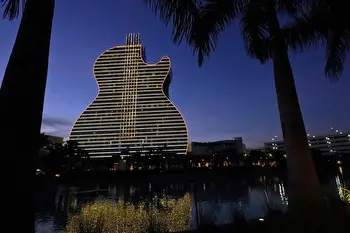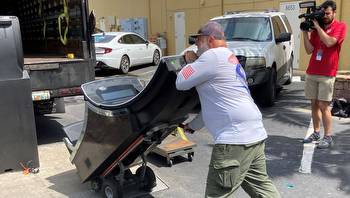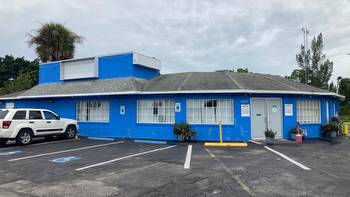Florida’s bootleg casinos provide illegal gambling, plain and simple

They operate all day in plain sight — bootleg casinos offering cash payouts at so-called “arcade” machines. These parlors are all across Florida, and they’re all illegal. What will it take for law enforcement to enforce the law?
The Tampa Bay Times’ Christopher Spata provided an eye-opener this week, both on these predatory businesses, which pockmark Tampa Bay, and on the very criminal justice system that turns a blind eye to these profitable, public nuisances.
With few exceptions, slot machines are illegal in Florida, as the Times’ report explains. Florida expressly forbids gambling devices outside of a few venues — the Seminole Tribe casinos, like the Hard Rock outside Tampa and a handful of racetracks in South Florida. These arcades, however, register their machines with state and local governments as ordinary coin-operated amusement games. That bluff has worked, even though these gambling machines are not ordinary games. And they litter communities across Tampa Bay, with at least 70 game rooms operating in the region as of early May, and with an estimated 1,000 locations throughout Florida.
These businesses don’t advertise, their ownership is often murky and they tend to operate under the radar in low-income neighborhoods.
“They do it partly for cheap rent,” one expert said, but also to avoid drawing attention from neighbors and the police. The Times visited nearly 30 gambling rooms and found what one might expect. Customers have no recourse with dodgy arcade owners. Many clients struggle with addictions to gambling or drugs. When police do show, it’s typically to corral a customer, or to address some spinoff crime — not the gambling operation itself. Meanwhile, operators rake in the money; one insider told the Times a well-run arcade could make a monthly profit of $20,000 to $60,000.
Florida’s new Gaming Control Commission, created during last year’s updated contract with the Seminole Tribe, is stretched too thin to make an impact. Tasked with regulating both legal and illegal gambling, the commission has been staffing a team of 20 in its law enforcement division, including 15 field agents. Yet having the authority but not the manpower to act is nothing but a paper tiger. The commission has already uncovered “extensive” gambling operations in Pinellas and Hillsborough, but clearly lacks the resources and public profile it needs.
Local law enforcement needs to put a higher priority on these corner casinos. Police also need a commitment by local prosecutors to take these cases seriously. State attorneys are admittedly swamped with violent crimes and repeat offenders, but making one or two examples could help stem the spread of these operations.
Some may question the need for cracking down; after all, Florida allows somegambling, and it operates a state lottery. Floridians have also evolved on the legality of marijuana, and on criminal penalties for nonviolent offenses. But state policies on certain forms of gambling, marijuana and criminal justice reform have all been subject to broad public debate, involving police, prosecutors, elected officials, voters, the courts — virtually every institution in society. The public and its elected officials haven’t debated whether the state wants corner casinos. Unlike those other issues, there’s been no deep and open exploration of the pros and cons. It’s the law that requires enforcement here — not morality. If somebody wants gambling in strip malls, propose a bill next legislative session.
Columnist Stephanie Hayes will share thoughts, feelings and funny business with you every Monday.
These operations exist because they flourish in the shadows, because the victims are considered little people and because law enforcement believes it has better things to do. What a sad combination of excuses that enables this predatory industry.
Editorials are the institutional voice of the Tampa Bay Times. The members of the Editorial Board are Editor of Editorials Graham Brink, Sherri Day, Sebastian Dortch, John Hill, Jim Verhulst and Chairman and CEO Conan Gallaty. Follow @TBTimes_Opinion on Twitter for more opinion news.








